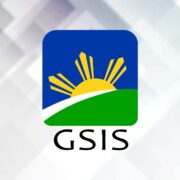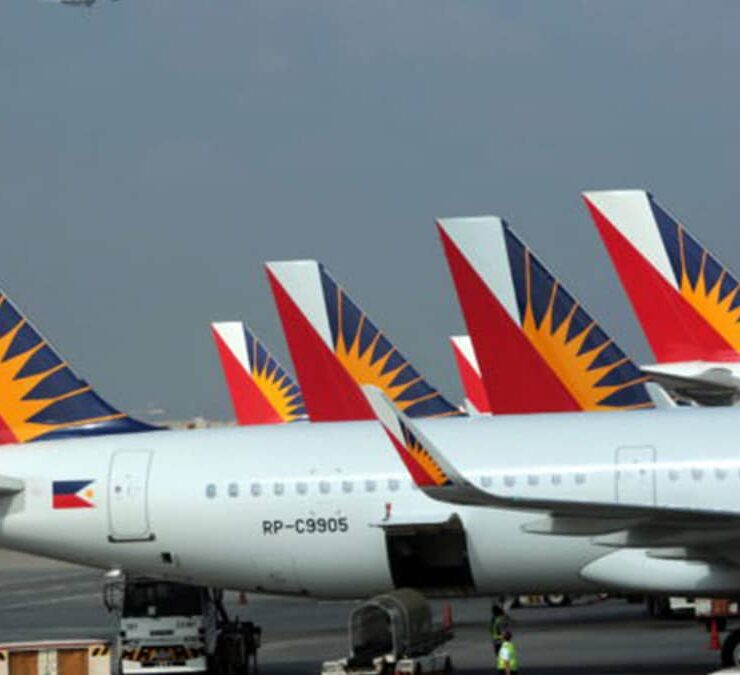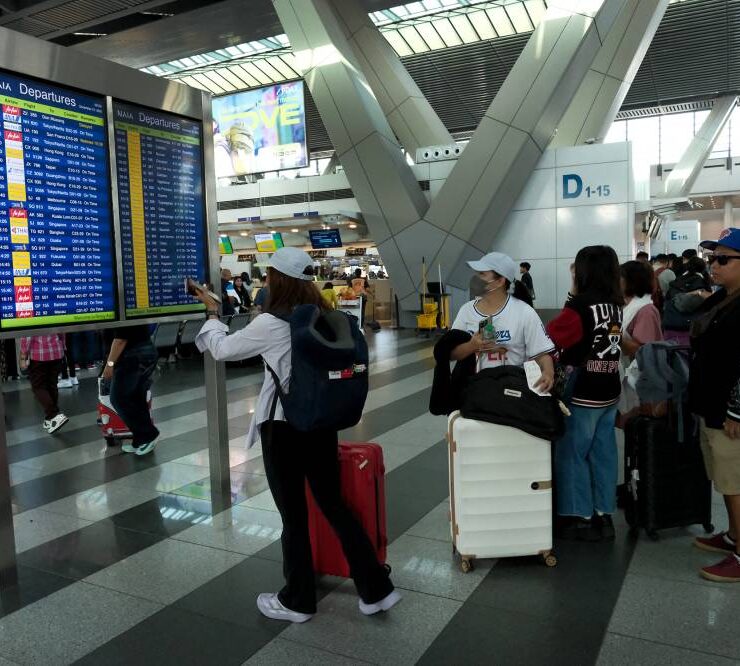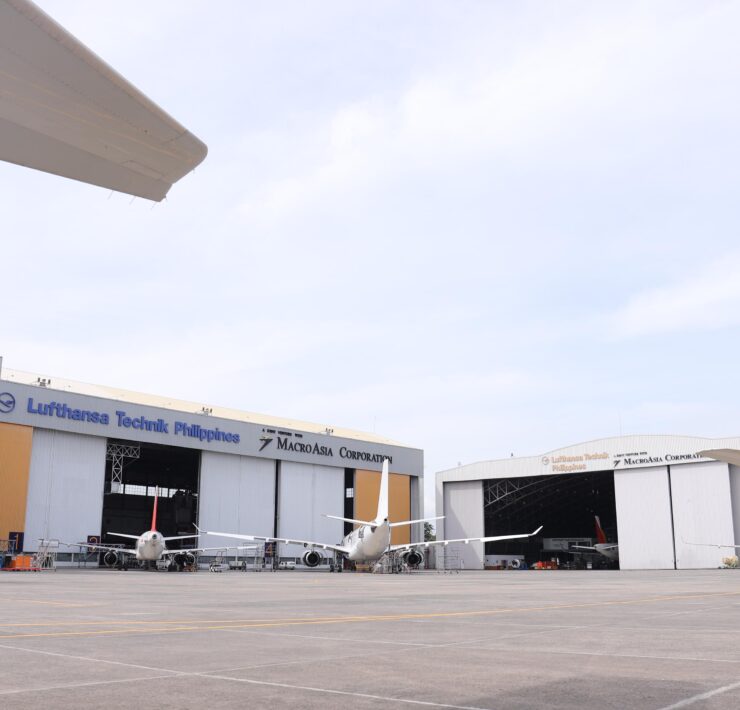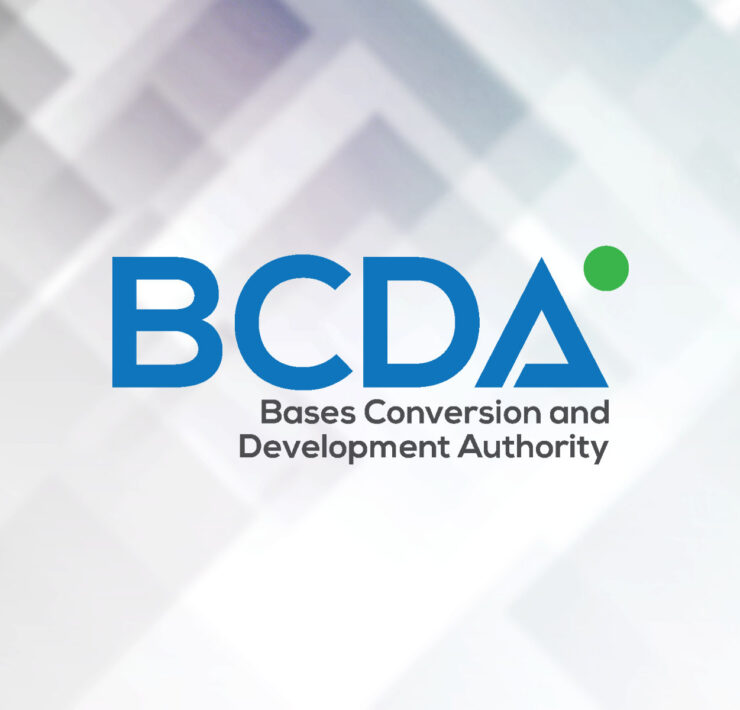Lifelong learning
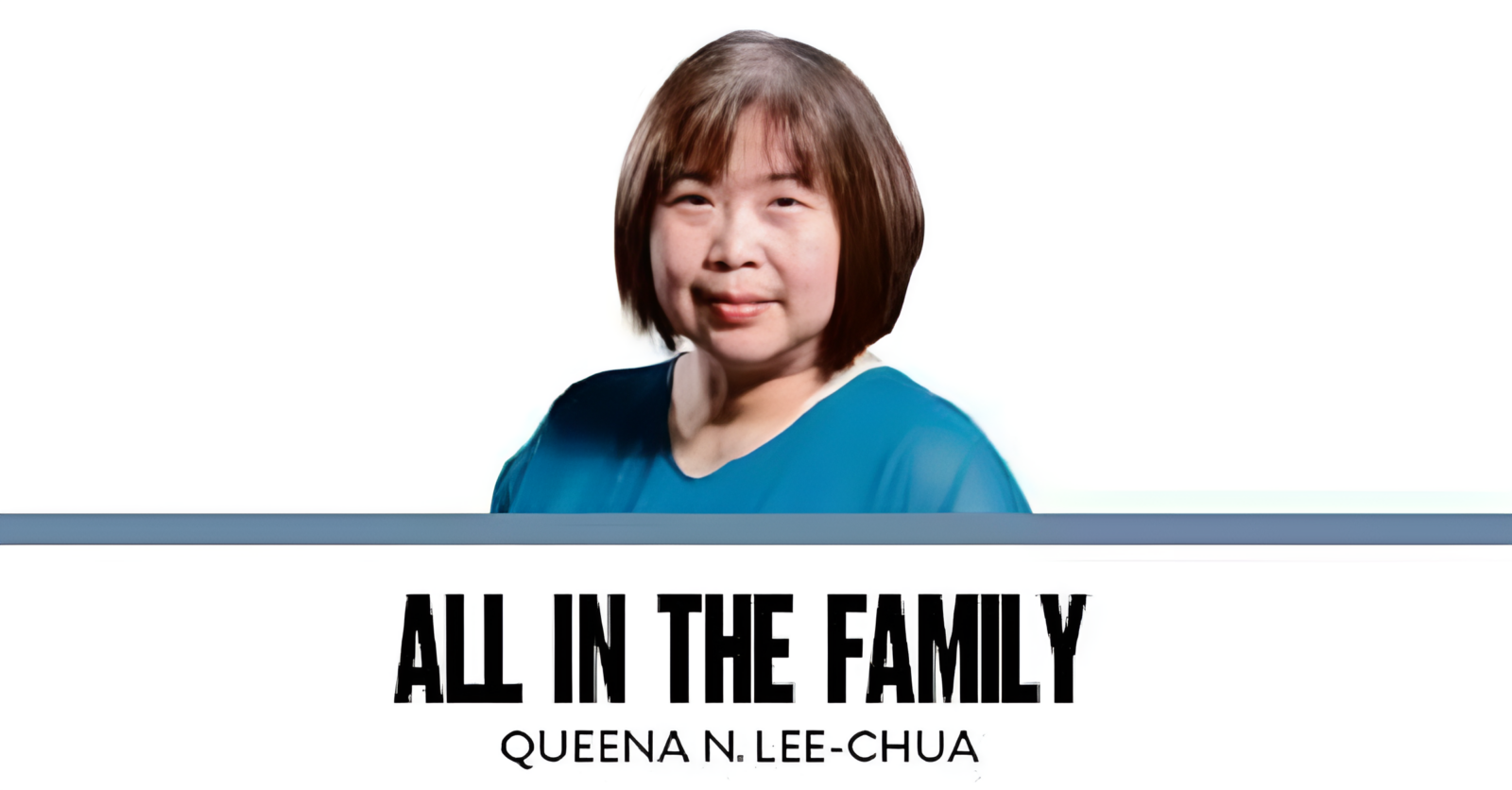
(Last of two parts)
Last week, we discussed how Myra Ann Wee-Toe Hio and her team pursued their dream of providing world-class aviation training at their Davao City-based family enterprise, Asian International School of Aeronautics and Technology (AISAT) in the Poblacion District. But student learning does not end there.
AISAT acquired its own flight training school, Adventure Flight Education and Sports (AFES), which operates in Cebu and Davao.
“Students need to complete a practicum or on-the-job (OJT) training before they can graduate,” says Myra. “A lot of aviation companies offer OJT, but they charge students thousands of pesos. And most of these are in Luzon.
“We offer a lower cost alternative to do OJT at AFES,” continues Myra. “Students just shoulder the cost of uniform and other minimal expenses, and they don’t have to go outside Davao.”
Primarily geared for pilot training, AFES is the only flight school in the nation that uses Continental diesel (rather than piston) engines in its Cessna-172 aircraft.
“[It’s] more expensive, but safer,” says Myra, which she notes is testament to their commitment to providing the best training for students. (AFES also gives the option to train using Cessna-152s with traditional piston engines.)
As if operating an aviation college and a pilot academy were not enough, Myra decided to also dive into basic education.
Why take on this Herculean challenge?
“Many students who reach college are not sufficiently prepared, and there is only so much that professors can do,” Myra tells me candidly. “A part of me asked, can we do more? And to do that, we have to start much earlier.”
Amid the COVID-19 pandemic, which forced several schools to close their doors, AISAT started offering prekindergarten, and following the initial batch as the students matured, today there are around 40 per level. Mathematics in particular is benchmarked against the Singaporean model, which Myra experienced as an elementary and high school student there (Singapore ranks top in international math and science surveys, as opposed to our dismal bottom standings).
“It’s rewarding when I get to know students and form relationships with them,” Myra says. “I realize that I have a heavy responsibility toward them, and I don’t want to shortchange them on their education.”
Anchored on a deep Christian faith, Myra feels called to form solid values in youngsters. Critical thinking imbued with moral values enables them to act soundly and ethically. “When our Grade Two students recite Psalm 23, I feel [fulfilled], because I know they will not go [astray].
“God leads me to the right people at the right time,” she adds. “When I was new to the industry, a civil aviation inspector taught me skills for our flight school on Saturdays, for which I am very grateful. Later, someone who used to work in another basic education school applied for our marketing post. After a year, she told me, let’s open basic ed. I am busy with the college, so she promised to oversee it. She’s with us today.”
In the future, AISAT may offer master’s degrees in aviation, which requires PhD holders for instruction. “I was told there are only two people in the country with aviation PhDs,” Myra says, “so I am in the middle of my aviation PhD, so I can teach the students myself!”
With degrees in accounting and law, Myra took an MBA from Ateneo de Davao to prepare herself for a PhD in Aviation Business Administration at the renowned Embry-Riddle Aeronautical University in Florida. “For the love of AISAT, I went back to school!” she laughs.
In her mid-50s, when most of us think of retirement, Myra is unfazed when her professors require students to tackle four programming languages.
Coding is supposed to be the venue of the young, and while “it’s challenging, I enjoy it!” she says. “Especially when you are able to crack something, and the program runs, or generates a graph. At this age, I am just excited to learn something new.”
Visit AISAT at aisat.edu.ph. Enrollment is ongoing.













